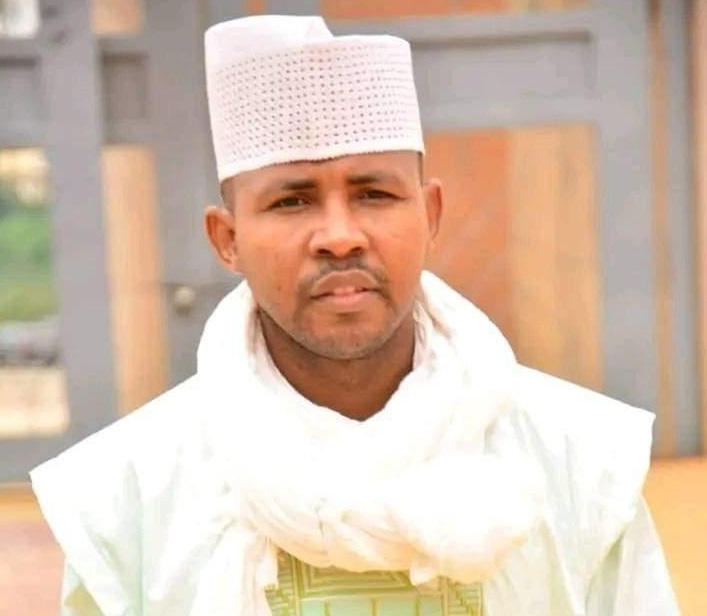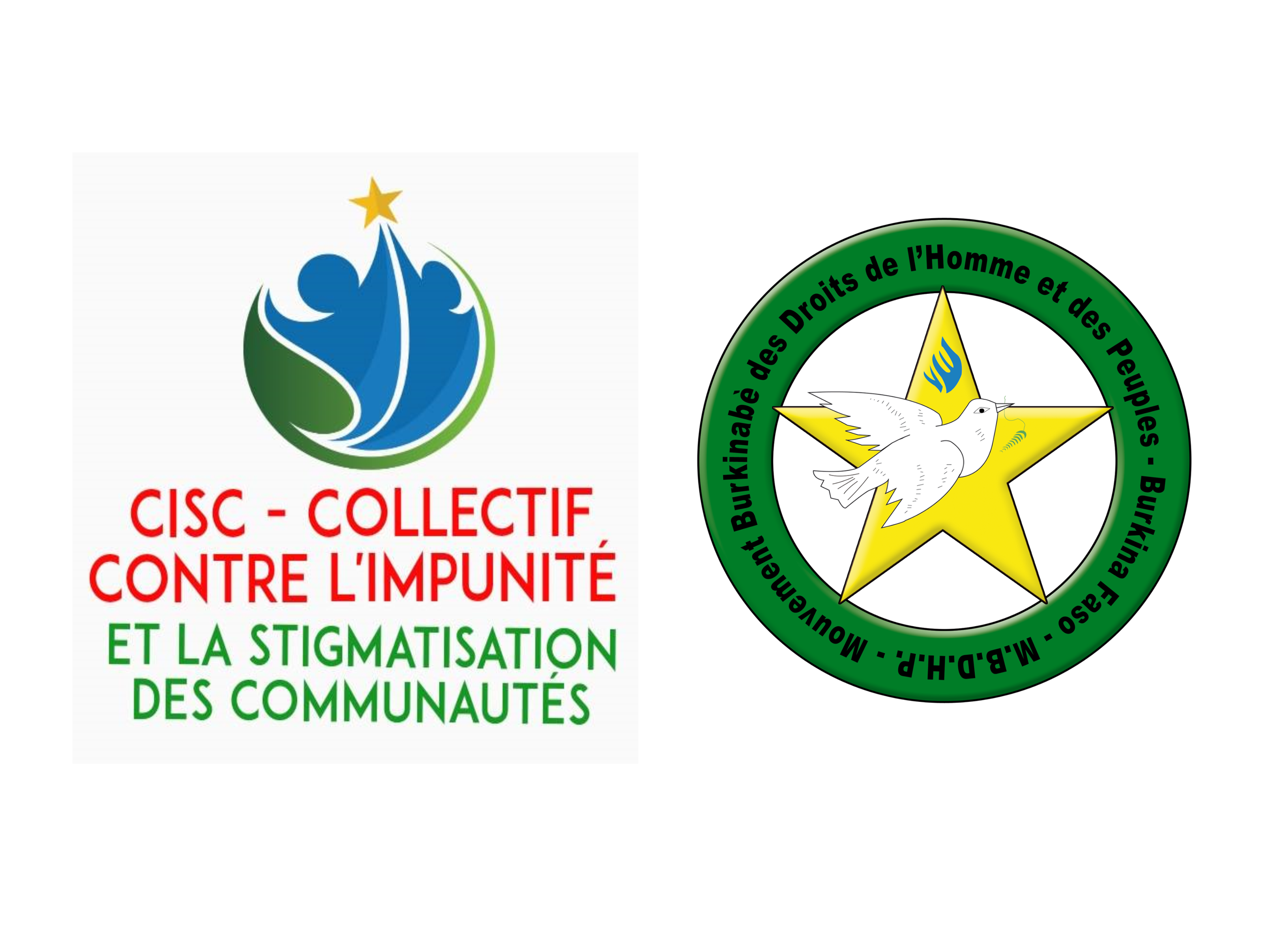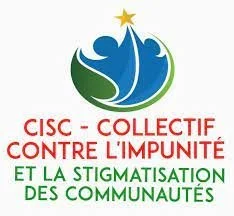The People’s Coalition for the Sahel is an informal and diverse alliance of civil society organisations
Our Activities
“The Sahel: What Has Changed: Progress Report of the People’s Coalition for the Sahel”
Since April 2021, the Central Sahel has experienced many upheavals. A transitional government has replaced another one in Mali. An elected president was overthrown in Burkina Faso. A major redistribution of international presence is underway, characterized by the redeployment of the French Barkhane and European Takuba forces from Mali to Niger in particular, the suspension of European Union training missions and the diversification of international partnerships in the field of defence, illustrated by Mali’s recourse to Russian military personnel. At the same time, new commitments were made by the Sahelian states on the protection of civilians, respect for fundamental rights, and the fight against impunity.
Supported by 49 Sahelian and international NGOs, the report “The Sahel: What Has Changed”:
Analyses what has changed for civilians since 2020, the reference period of the first report "The Sahel: What Needs to Change", based on reliable data.
Measures progress on each of the eight benchmark indicators identified as critical to implement a new response to the crisis that will more effectively protect civilians.
Formulates updated recommendations for Sahelian policy-makers and their international partners.
The People’s Coalition for the Sahel is an informal and diverse alliance of civil society organisations that amplifies Sahelian voices and expertise to urge governments in the Sahel and elsewhere to resolve the conflict and humanitarian crisis in the Sahel by:
Putting the protection of people at the heart of their response
Addressing the root causes of conflict and insecurity
Responding to humanitarian emergencies
Holding people accountable for committing abuses and atrocities
The coalition was launched on 16 July 2020 and is made up of civil society organisations based in Burkina Faso, Mali, Niger, and the Sahel region, and internationally in Africa, Europe, and the United States. The Coalition operates in a flexible manner with partners acting individually and choosing to engage in opt-in alliances for specific collective actions.
At its launch, the coalition released its People’s Pillars: a set of priorities the Coalition recommends should guide any state response to the conflict and crises in the region.







